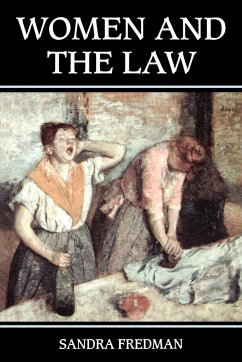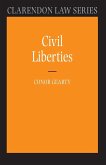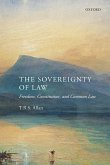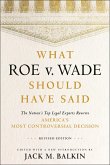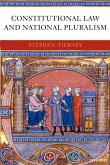Part II of the book applies this critique to a detailed examination of key legal issues in the UK and EU, with illuminating references to the law in North America and Australia. The result is an original and incisive analysis of pressing legal issues ranging from low pay, sexual harassment and flexible working to parenting rights and reverse discrimination. The book locates women's role in the family as a key contributory factor to their continued disadvantage within the paid workforce. Yet, in signalling the way forward, the author rejects the notion that the aim is simply to slot more women into existing structures. Instead of expecting women to conform to structures which exclude and devalue caring responsibilities, she argues, real change will only occur if paid work is restructured so that both men and women can be active participants in family life as well as in the paid workforce. The book does not, however, offer single dimensional solutions. In particular, the very difficult conflicts of interest which can arise between women, on grounds such as class or rase, are directly confronted.
Hinweis: Dieser Artikel kann nur an eine deutsche Lieferadresse ausgeliefert werden.
Hinweis: Dieser Artikel kann nur an eine deutsche Lieferadresse ausgeliefert werden.

